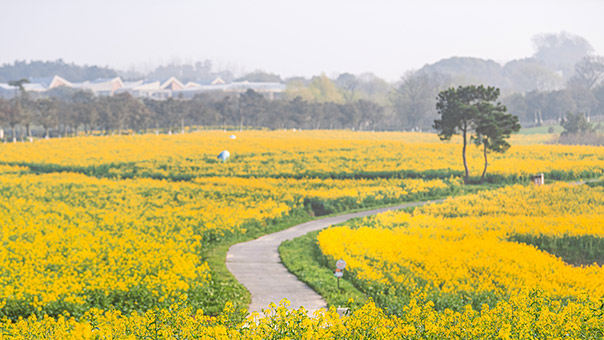The third turning of the wheel of Dharma focuses on the grand vision of Mahayana Buddhism and on the clarity aspect of Buddha nature. The teachings are more advanced by comparison. Just prior to his parinirvana, Buddha Sakyamuni also transmitted tantric practices. The core teachings of the third turning of the wheel of Dharma in exoteric Mahayana Buddhism and the tantric practices are likened to courses given in the university.
~Depicted from ARE YOU READY FOR HAPPINESS - The Significance of Buddhist Philosophy Today











